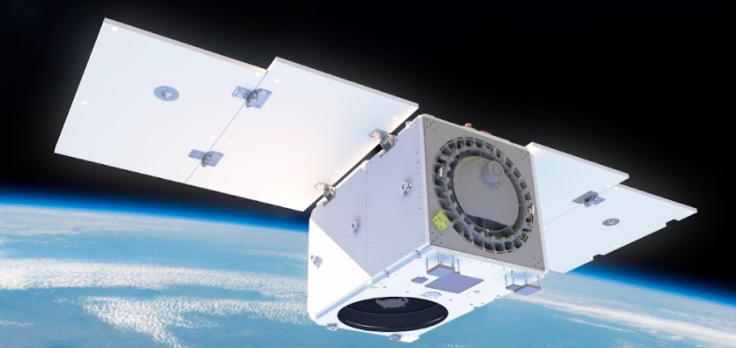
Planet Labs revealed in a blog post that they are planning to deploy a global constellation consisting of 32 Earth-observing satellites. To be known as Pelican, the constellation can be used to monitor political conflicts, natural disasters, and the ongoing effects of climate change
According to the satellite imagery and data specialist, the construction of the 32-satellite constellation is set to start next year. It is "designed to efficiently capture brief and rapidly changing events as they unfold."
Planet Labs Designs Pelican to Meet Consumers' Needs
"We have designed our next generation 'Pelican' fleet to meet the evolving needs of customers who want real-time information about global events as they unfold - from floods and wildfires to political conflicts and threats to human rights. Pelican's rapid response and higher resolution will do exactly that," said Planet Co-Founder and CEO Will Marshall in a blog posted in Planet Labs' website.
Furthermore, Planet Labs said that the advancements of Pelican represent a leap forward in capabilities for their customers, "from higher revisit and higher spatial resolution, to faster data access and delivery."
The company said that Pelican will allow for more frequent imaging of single sites and at higher spatial resolutions. It would also result to faster access to data.
Pelican, however, won't replace the existing 21-satellite SkySat constellation. It will instead "replenish and improve" the company's existing capabilities.
Using Pelican, customers are expected to be able to acquire images of the same location up to 12 times per day, and will even have 30 chances in mid latitudes. It will also allowed reduced latency for downloading data and higher resolution capabilities with up to 30 cm resolution imagery.
Pelican's functionality is in accordance with Planet Labs' stated goal, which is to "image all of Earth's landmass every day, and make global change visible, accessible and actionable."
Pelican satellites represent a major step forward in terms of its capabilities, according to Planet Labs. Pelican's revelation showcases the company's continuing effort to broaden and refine its orbital offerings.
Read Also: Devastation Caused by the Beirut Explosion Seen From Satellite Images
Company Targets Multiple Sectors
According to Planet Labs, they have been seeing growing demand from multiple market segments. Defense sector for security intelligence, civil government for disaster response, and software companies for mapping platforms require real-time data and high-resolution products.
Pelican is expected to monitor patterns of life, like shifting political borders and changing coastlines, and help characterize drivers of environmental change that are threatening protected ecosystems, Planet Labs stated.
The company shared that they hope the product advancements will "provide their customers across global industries and governments with the ability to respond to global events with more speed and better informed insights."
Floating at an altitude of 202 miles (325 km) in low Earth orbit, Pelican will monitor civilization and Earth's natural systems. It will track things such as gradual demographic shifts, conflict zones, storms, wildfires, and altered coastlines, as per Gizmodo's report.
Gizmodo also reported that the constellation should also provide highly detailed before-and-after images, particularly in the event of natural or human-caused disasters. When responding to serious events, he near real-time data will better equip disaster planners and other stakeholders.
Related Article: 4 Steps to Select the Right Provider for Satellite Imagery










